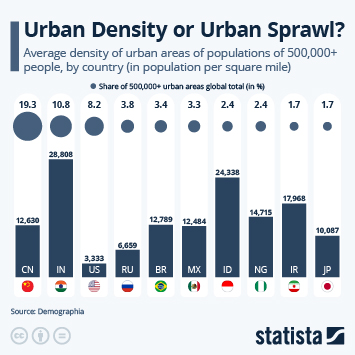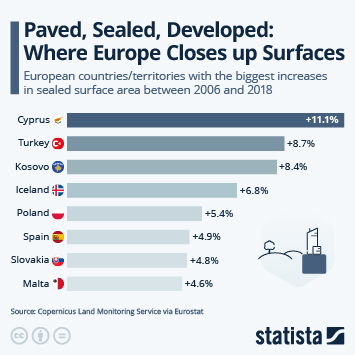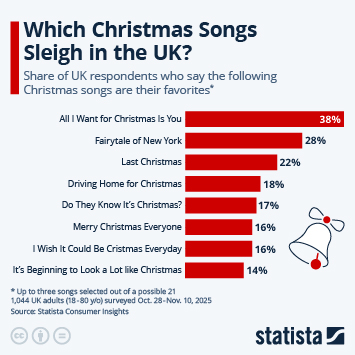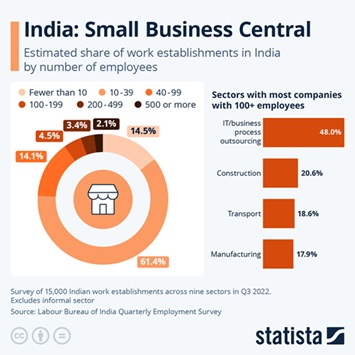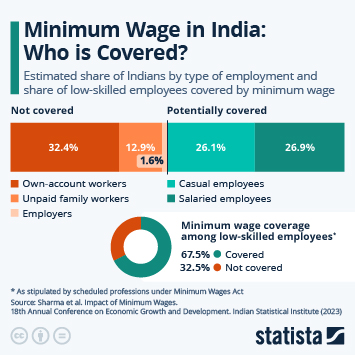Amazon’s Echo is a particularly data-hungry smart home device, according to a data analysis by Surfshark. The research firm looked at how much data a selection of popular home device apps collect and found that the Amazon app collects user data on 28 out a possible 32 different metrics, including health data and search history.
The 32 data points have been separated into two categories. Here, linked data refers to information tied to the user’s identity, for example their name, phone number and precise. Meanwhile, data that is not linked is information that does not personally identify the user and could include information such as the app’s general usage statistics.
Google, the developer of the Google Home app, collects the second widest array of data points on this list, all of which are linked to the user’s personal identity. Surfshark explains that some of the notable data points collected by Google are photos and videos, audio data and browsing data.
Perhaps more surprisingly though, at least at first glance, is the third place contender: Keurig’s coffee machine app. Keurig Green Mountain’s app also has an online shopping function. It collects 19 data points in total, eight of which are used to track the user across third-party networks. Speaking more generally, companies may track apps for purposes such as targeting users with advertising or in order to share the consumer’s data with third parties or data brokers.
Lorex, Deep Sentinel and Ring are all developers for security apps, allowing users to watch and control camera footage from their smartphones or tablets, while Nest Labs and LG Electronics are apps for managing smart home appliances such as thermostats and doorbells.









